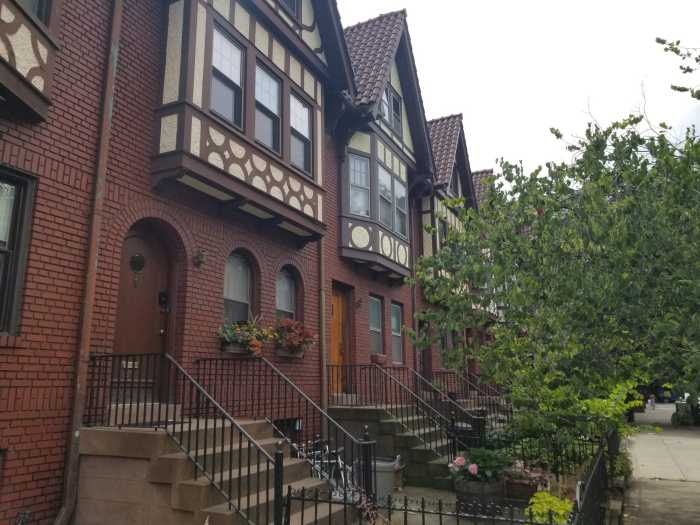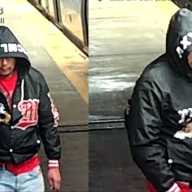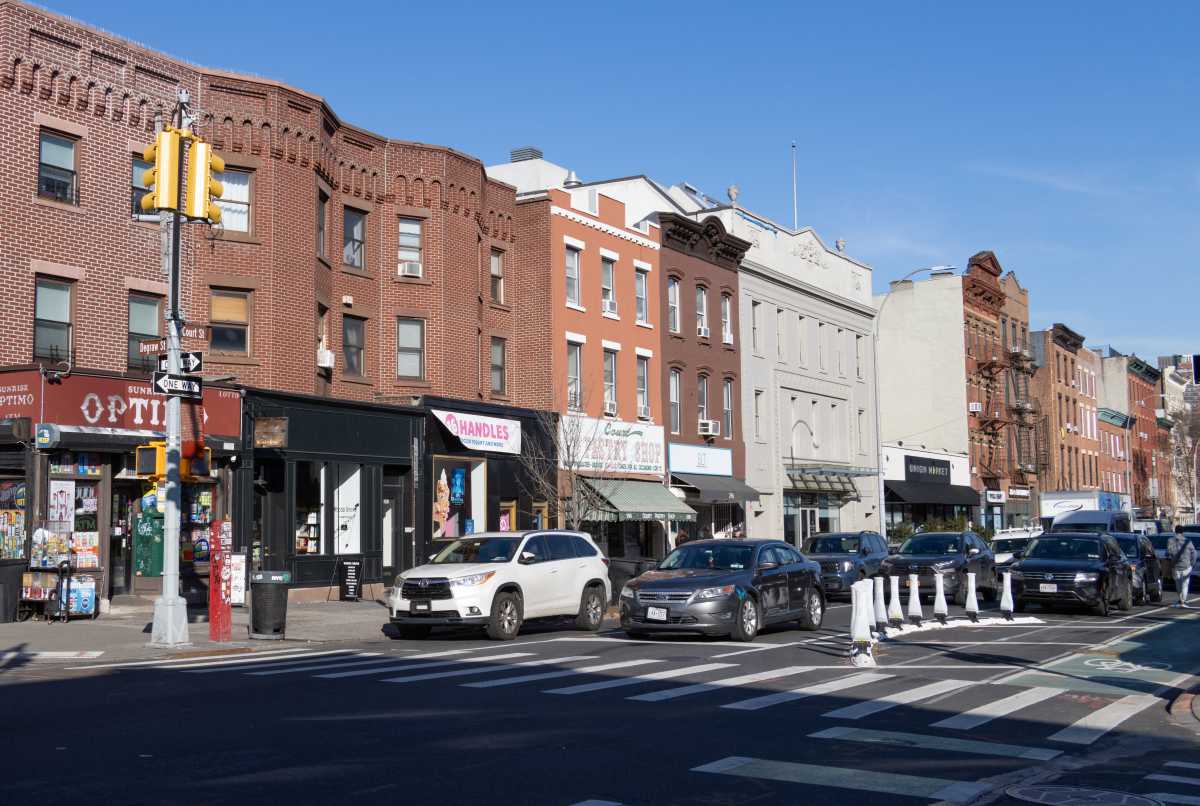This month, the NYC Department of Finance (DOF) will be sending out 90-day tax lien sale warning notices for the first time since 2021. This means that property owners who owe years of outstanding debt to the city will be notified that unless they take action, their outstanding taxes and charges could be sold to a debt collection agency.
What sets the upcoming lien sale apart from previous ones is the historic action taken last year through the partnership of the Adams administration and the New York City Council to protect vulnerable homeowners. Together, we introduced a groundbreaking policy aimed at prioritizing meaningful relief to those who genuinely cannot pay and require financial assistance and enforcement against those who can afford to pay but refuse to do so.
The passage of the Home Preservation and Debt Resolution Reform Act represents New York City’s most substantial effort to date to reform an outdated and inequitable property tax enforcement system that has long disproportionately affected vulnerable homeowners and communities of color.
While property tax collection is essential for funding public services, infrastructure, schools, parks, and more, the city’s previous enforcement system often prioritized revenue collection over fairness and empathy. Missed payments could quickly spiral into a crisis, putting homeowners at risk of losing properties that had been in their families for generations.
By partnering with community leaders, nonprofit groups, advocacy organizations, and other key stakeholders, we have created a system that strikes a balance between fiscal responsibility and safeguarding homeowners from undue harm. These innovative changes give owners more time to resolve their debts, offer affordable payment plans, and strengthen tenant protections through increased building inspections and the creation of a watchlist for landlords with repeat violations.
To reach more vulnerable homeowners in their communities, the Adams administration and Council are committing resources from multiple city agencies to launch a comprehensive, community-focused outreach initiative aimed at alleviating financial hardship and promoting housing stability. We are partnering with the Center for New York City Neighborhoods, a well-respected nonprofit that promotes affordable housing, to leverage trusted community voices and meet the individual needs of owners.
So, let’s talk about what this means and what owners should do if they receive a lien sale warning notice.
If you are a property owner, please be aware that if you do not pay your property taxes, water and sewer fees, and other property-related charges, you may be at risk of being included in a lien sale. In a lien sale, the City of New York sells your debt to an authorized buyer, giving the buyer the right to collect what you owe. This does not mean that your property has been sold, but if you do not resolve your outstanding debt, the lien sale can be a first step toward private collection efforts and foreclosure.
Recognizing that some New Yorkers need additional time to manage their debt, DOF is offering a new “Easy Exit” program as a major part of these reforms. This initiative allows eligible homeowners to request removal from the lien sale up to three times within a 36-month period, offering crucial relief to New Yorkers struggling to get ahead financially.
To support homeowners who are behind on their payments, we have multiple payment plan options to help owners resolve their debt over time. This includes the new “Circuit Breaker” deferral plan, which makes installment payments affordable by allowing homeowners to defer property taxes that exceed 10% of their income. Eligible owners can choose the plan that works best for them via a
payment plan screening tool on the DOF website, or at any of our business centers and outreach events.
DOF also wants to remind homeowners that property tax exemptions can reduce your taxes and protect your property from being included in a lien sale. The Senior Citizen Homeowners’ Exemption (SCHE), Disabled Homeowners’ Exemption (DHE), Veterans Exemptions, Not-for-Profit Exemption, and other benefits administered by the Department of Finance can help reduce your tax burden significantly.
Collectively, the changes enacted by the Home Preservation and Debt Resolution Reform Act signify a transformation in how the city approaches property tax enforcement, marking a new era of fairness, efficiency, and transparency. Our coalition of agencies, council offices, and advocates is steadfast in its commitment to maintaining public trust by providing regular, detailed reports on our progress. These updates, which will be available on the DOF website and sent to the Council, will offer clear insights into the effectiveness of our new strategies and demonstrate our ongoing dedication to upholding the highest standards in property tax enforcement.
In New York City, property taxes are the city government’s largest source of revenue. To continue providing the programs and services on which countless New Yorkers rely, we simply cannot afford to lose revenue from those who are capable of paying their fair share.
With these comprehensive reforms, we are establishing a robust and effective enforcement mechanism that holds individuals accountable. At the same time, we are taking deliberate steps to protect and support those who are genuinely experiencing financial hardships. By balancing accountability with compassion, we are building a stronger foundation for a more equitable future for all New Yorkers – one that supports, rather than penalizes, those facing financial hardship.








































